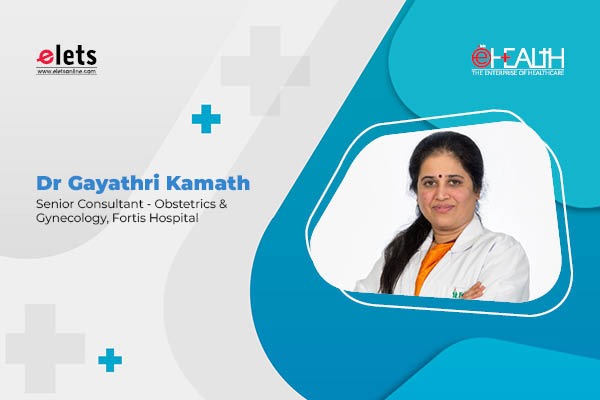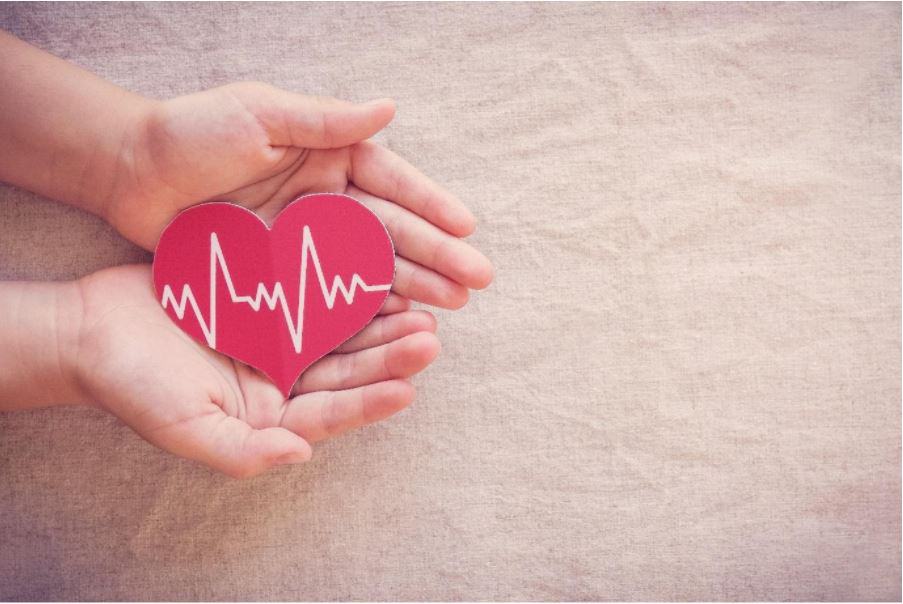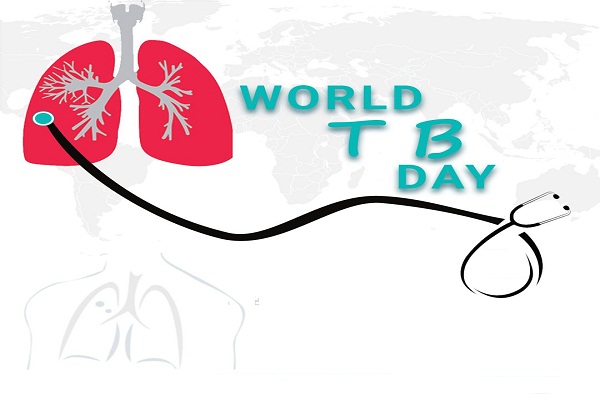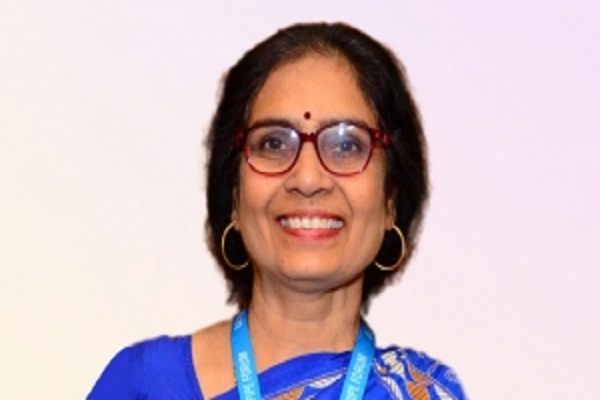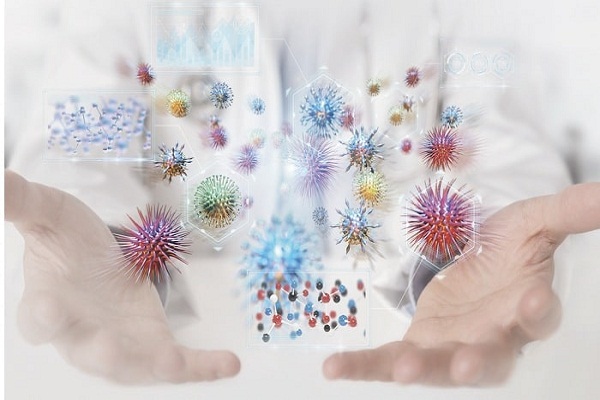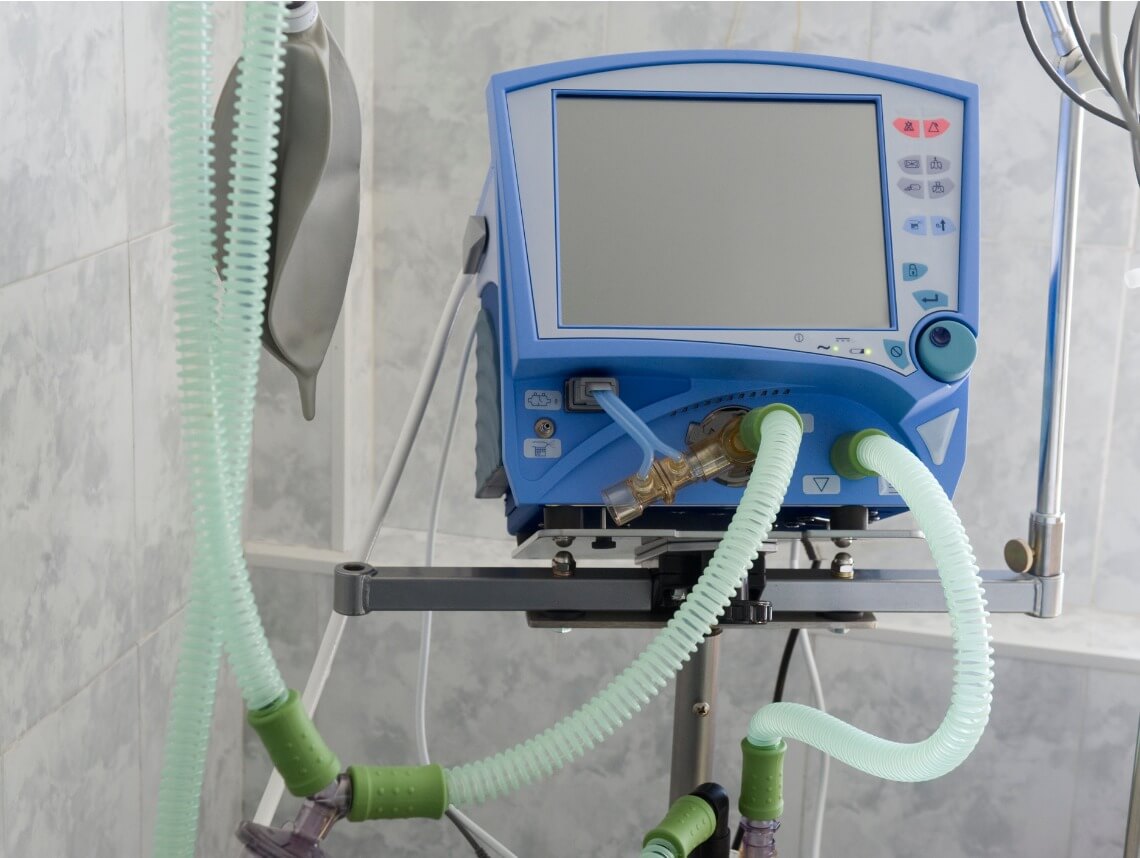

The Indian healthcare system today could certainly do with a much-needed shot in the arm. With an aging population, increasing lifestyle-related diseases and rural inaccessibility to affordable and quality medical services, the healthcare industry needs to find a solution to cope with the increased expectations and address the challenges faced by front-line clinicians, writes George Pepes, Healthcare Solutions Lead, Zebra Technologies Asia Pacific, for Elets News Network (ENN).

However, its not all doom and gloom as there is a solution that is helping revolutionise delivery of Indian healthcare provision: clinical mobility.
Clinical mobility involves the use of mobile devices, such as hand held mobile computers, tablets and mobile printers, by physicians, nurses and other front-line healthcare professionals at the point-of-care. When it is administered correctly, this technology can give healthcare facilities the performance edge to elevate patient care, expand the positive use of mobile devices in healthcare and even ensure healthcare has a more personalized approach.
This increased adoption of technology in healthcare allows workers to access data networks and information on supported mobile devices to benefit patients. Using devices such as mobile computers and tablets to view electronic health records, health practitioners can access innovative software applications and tools to save resources.

As clinical mobile technology starts to reshape healthcare delivery, its important to ask: do patients want to embrace this technological healthcare revolution? How is it being used today? What does the future hold for mobile technology in the healthcare space?
Patient demand for mobile technology
According to Zebra Technologies 2022 Hospital Vision Study, which combines three global research surveys focusing on nursing managers, patients and IT decision makers, 77 per cent of recently hospitalised patients feel positive about clinicians using mobile devices in their care.
What is also encouraging is that 95 per cent of the surveyed patients were willing to share their health metrics that were collected from wearable technologies, which will allow clinicians to improve and enhance patient care. This represents a game-changing attitude to future healthcare delivery.
Mobile technology in use today and tomorrow
Lets not run before we can walk though. The use of mobile technology in Indian healthcare is still in its early age. The country already sees the potential of this new way of monitoring patients health and existing conditions using technologies, including the Internet of Things (IoT).
In some countries, wearable technologies are placed on patients upper arms, allowing continuous monitoring of patients’ vital health signs. The collected data is transferred via Wi-Fi regularly, then put through machine learning algorithms before doctors and nurses view it on smartphone apps to analyse any changes.
This is an example of how technology linked to mobile use can spot health deterioration that hospital staff can help prevent from getting worse. This can, in turn, reduces hospital stays and save the need for doctors and nurses to manually monitor vital signs.
Aside from the somewhat futuristic appeal of wearables, mobile technology can improve the most fundamentally important aspect of the healthcare service: patient interaction. Mobile healthcare will see advances in remote patient monitoring and telehealth. These facets of efficient healthcare provision will become ever-more essential in society. Technology here can help save the use of precious consultancy time.
Additionally, analytics will play an important role in healthcare delivery. Zebras Hospital Vision Study found that 100 per cent of nurses plan to access predictive analytics on mobile devices by 2022. The benefits of analytics in the healthcare space include more personalised healthcare, better doctor-patient interaction and most importantly driving cost-savings and efficiencies.
The big picture
In the Indian healthcare industry, mobility emerges rapidly as the desired solution of nurses, IT professionals and patients, amidst all the challenges.
Its also encouraging to know that patients themselves are enthusiastic about mobility. It shows that there is a growing association with receiving the best standard of treatment. We believe clinical mobility is essential for the healthcare industry to become more efficient and effective while enabling healthcare professionals the best means to help people.
Wearable and mobile technologies are still in their infancy in relation to the healthcare sector. It is realistic to take these innovations as more than a novelty, and begin thinking about how clinical mobility can be part of a healthcare operations long-term IT strategy.
In short, the industry must invest in purpose-built, smart mobile communication devices if it is to improve patient experiences, nurse satisfaction and hospital efficiency to provide adequate health services under tight financial budgets.
Be a part of Elets Collaborative Initiatives. Join Us for Upcoming Events and explore business opportunities. Like us on Facebook , connect with us on LinkedIn and follow us on Twitter , Instagram.


